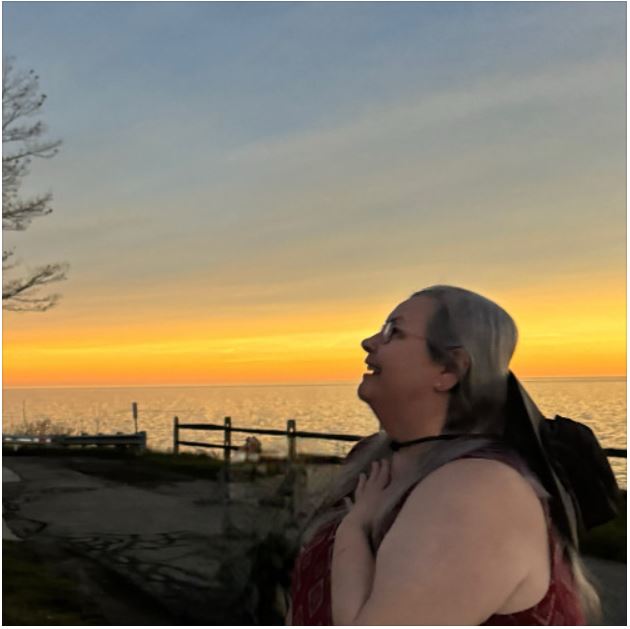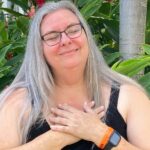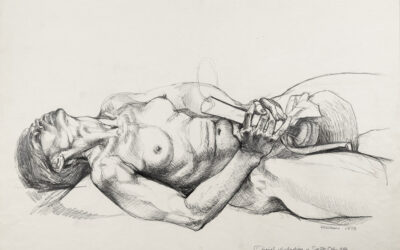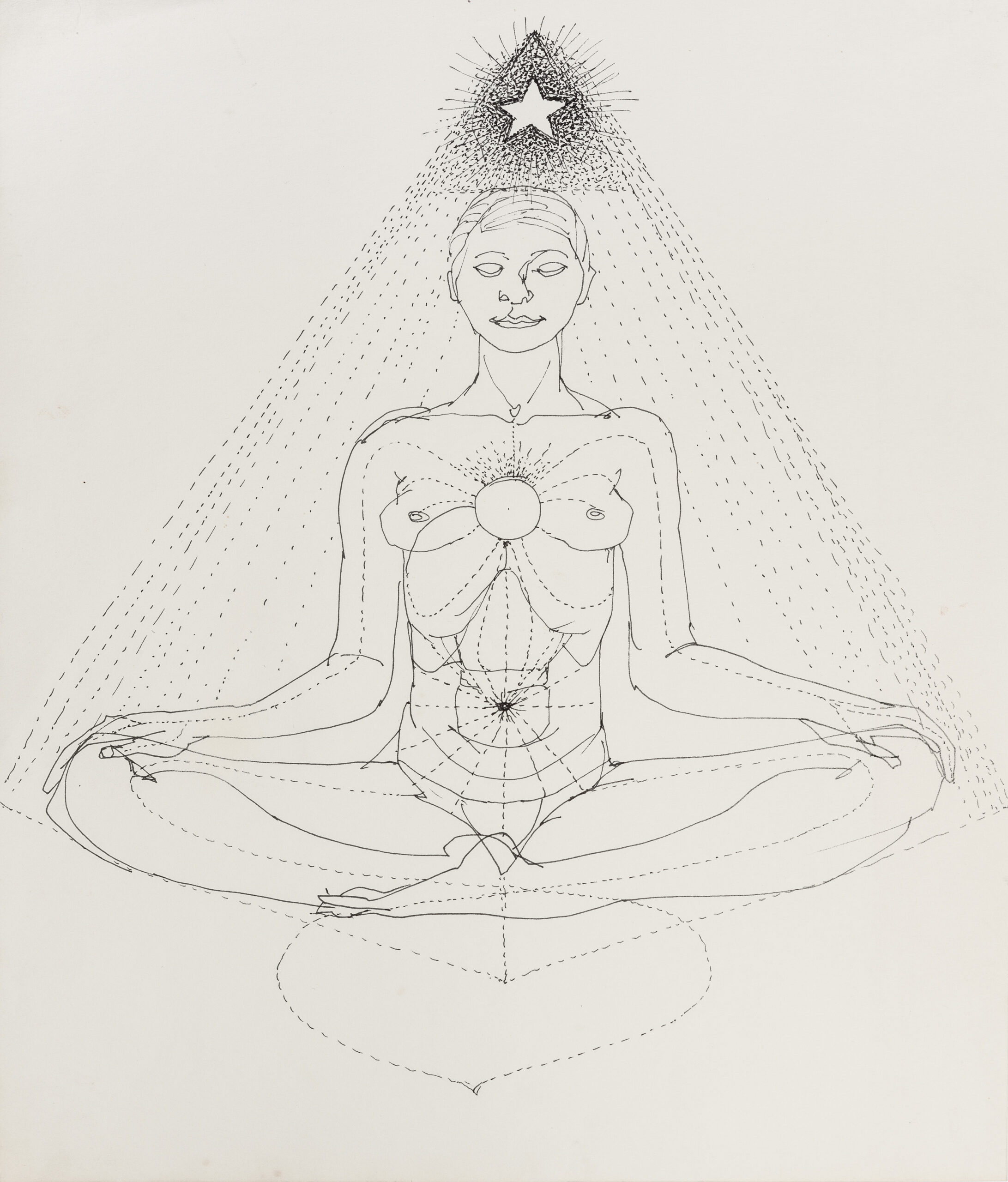I’ve been taking hormone replacement therapy for nearly 30 years. It’s improved my quality of life and physical health. I wouldn’t want to live without it.
At age 37, my periods stopped abruptly. I would awaken at night, hot and drenched in sweat. These episodes happened throughout the day too. I wondered if these episodes were hot flashes. Could I be in menopause? But I was too young.
My gynecologist confirmed premature ovarian failure after a blood test. He recommended that I go on birth control pills to balance out my hormones. He told me that my symptoms would be more severe, since I was so young. I followed his advice. I had periods again. It helped me feel normal. None of my friends had started menopause.
At age 42, I had a complete hysterectomy due to a pre-cancerous lesion on my cervix that didn’t go away. At my first appointment afterward, my doctor brought up the option of estrogen replacement. I told him that I was interested. “That’s a good choice,” he replied. “The study linking hormone replacement with breast cancer is flawed.” I was put on a dose of oral Estrace, a bioidentical estradiol.
Everything changed. My body didn’t feel familiar anymore. I was tired, angry, and not interested in sex. My vagina was drying out. At my annual exam, my gynecologist said that I had a yeast infection, which seemed odd because I didn’t have any of the symptoms that I experienced with previous infections. He recommended that I douche after finishing the medication. I’ll never forget seeing the dead skin cells in the tub after the douche liquid came out of my body. Something wasn’t right.
I found Suzanne Somers books about menopause and bioidentical hormone therapy. Her words described everything that my body was experiencing. Her solution with hormone therapy made sense. I needed a mix of estrogen, progesterone, and testosterone based on my own body’s levels. The fact that I no longer had ovaries made my need for hormone replacement even more necessary to feel like myself again.
The difficult part was finding a doctor to help me. As luck would have it, I mentioned wanting to explore compounded bioidentical hormone therapy to my primary care doctor at my annual physical. He got excited, as he just returned from a seminar on this subject. “Let’s work together on this,” he said. My doctor was open-minded, listened to me and took how I felt into account. We worked together to find the combination that was right for me. I got my body back.
Since 2005, I have been taking compounded hormones with a blend of Bi-Est (estradiol and estriol), testosterone, and progesterone. The hormones are in a single tablet that I place under my tongue to be absorbed through the skin in my mouth. Over the years, dosages for each hormone were adjusted, based on blood tests and how I felt.
I’ve had other doctors challenge my choice. “Stop taking those hormones now,” one female gynecologist told me. “I feel better when I take them,” I replied. “Well you’re in menopause, you’re supposed to feel bad. Get used to it,” she said. Another gynecologist gave me a lecture about hormone therapy. She said “let’s just agree to disagree” when I refused to stop taking them.
I trusted my experience in my body. I trusted how I felt. I continued to educate myself and consulted with other “experts” in the field of hormone replacement, just to be sure that my treatment was optimized. I tried to use oral estradiol and progesterone from a regular pharmacy. Gradually, I didn’t feel as well and it was more difficult to orgasm. I went back to my compounded Bi-Est, testosterone, and progesterone combination and I felt well again.
When my primary care doctor closed his practice, it was hard to find a new doctor to prescribe it for me. Fortunately, my new primary care doctor was open-minded and willingly prescribed the same dose from my compounding pharmacy.
I knew that I needed to have blood tests to check my hormone levels and prescribe dosages accordingly. It took me almost two years to find another doctor in my area who would prescribe the combination of hormones that worked for me from my compounding pharmacy. I’ve now been her patient for two years. Everything has been status quo until recently.
For the last six months, I haven’t been able to sleep through the night. I’ve been waking up at around 3:00 am, tired but unable to fall asleep again for 1-2 hours. I’ve been experiencing mild hot flashes, both day and night. I shared this with my doctor and asked for an increased dose in estrogen. Instead, she recommended that I take oral progesterone instead of including it in my compounded tablet. She gave me an order for blood work to complete before my next appointment in three months.
My experience with oral hormones post-hysterectomy has not been good. I feel best when hormones are delivered through the skin directly through the blood stream. I’m curious to see if my progesterone levels drop after taking the oral hormone.
I still believe that I need more estrogen. I’ve lost a significant amount of weight during this last year. Fat mass produces estrogen so it’s reasonable that my body lost some of its source. I decided to get my blood test after my appointment, rather than wait three months, so I’d have a baseline. Sure enough, my estrogen levels are lower than before but not out of range. I asked my doctor for another blood work order so I could test again in three months, before my next appointment. Now we’ll have a comparison of results from before the oral progesterone and after. I’m interested to see where my estrogen levels will be as well.
Through my hormone replacement journey, I’ve learned to trust my experience and myself. I’ve learned that I need to advocate for myself with doctors. Unfortunately, many doctors are not educated about hormone therapy. The ones that are more educated tend to stick with a “one size fits all” approach. Compounded hormone therapy seems taboo among many healthcare professionals because it’s not FDA approved. Yet, that is the approach that works best for me.
I already made a back up appointment with a new gynecologist to explore another prescriber for my compounded bioidentical hormone therapy. If the new dosage and oral progesterone aren’t working for me by my next appointment, I won’t hesitate to move on until I find a practitioner that listens and is willing to work with me.
Advocating for myself with doctors has paid off. My bones are strong, my cardiovascular health is good, and I’m orgasmic at age 66. I’ll do everything that I can to stay on hormone therapy. I know that it improves my quality of life.
Follow the links below for more resources:
The M Factor documentary on PBS
Subscription required to view
Estriol is a Girl’s Best Friend
This article explains Estriol
College Pharmacy
The compounding pharmacy I use
Carlin and I created a seriees of podcasts about menopause.
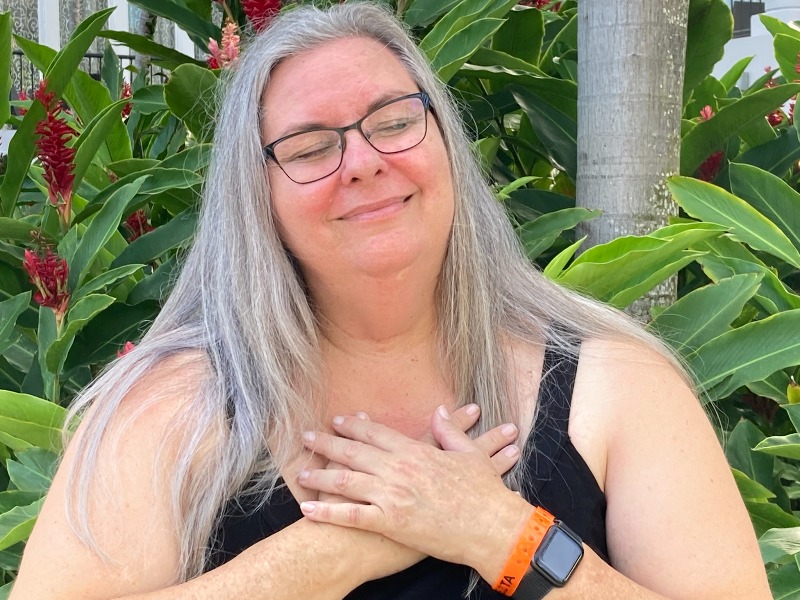
Laura Bogush
Cleveland, OH USA
Website
BodysexCleveland.com
Contact:
BodysexCLE@gmail.com
Language:
English
Read Articles by Laura
Getting My Vag Back
Carlin shares her journey as she recovered from a yeast infection after getting intravenous antibiotics to treat a spider bite. It took her 3 weeks of stimulation to move from pain to pleasure.
How Do I Know When I’m Done?
Women are capable of endless pleasure. It's different for each women.
Releasing Sound Increases Pleasure
When we release sounds, we breathe more - take in more oxygen - and give them body feedback: we are experiencing pleasure.
Oil is the Gold Standard
Betty said that lube is the #1 sex toy. Carlin and Laura talk about why lubricant is important and share our preferences.
How We Handle Trauma
As women, we've all experienced trauma to different degrees.
Sexual Abundance
As women, we must shift our belief system from scarcity to abundance to fully embrace pleasure.

